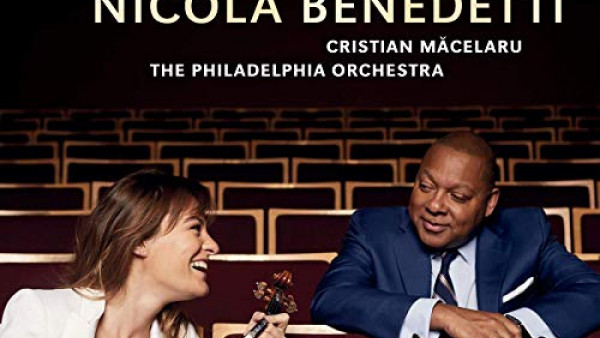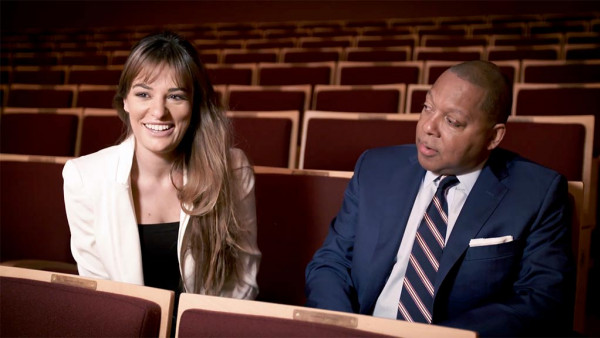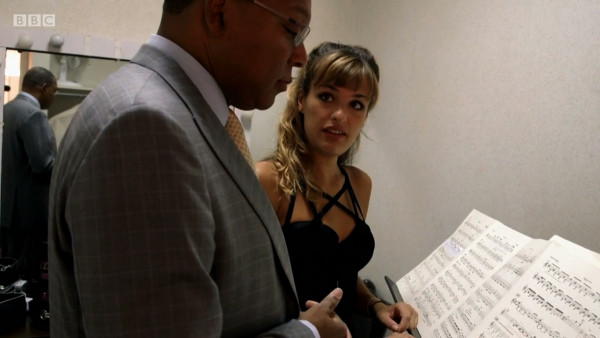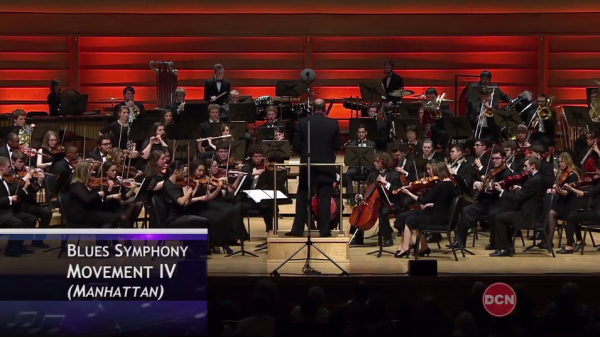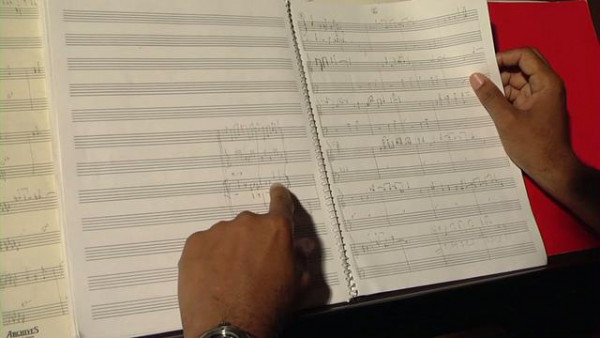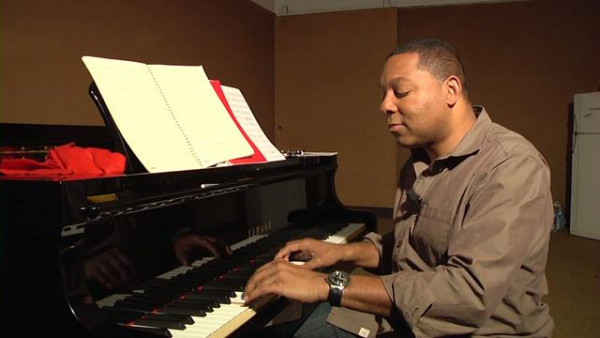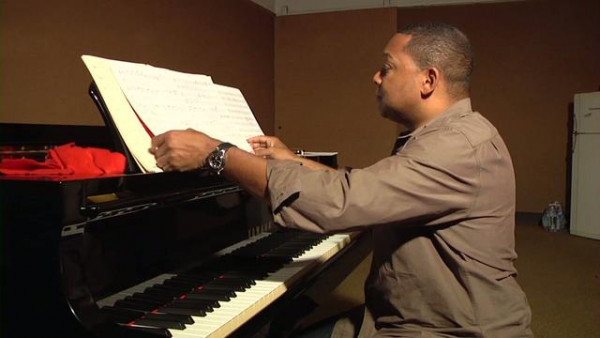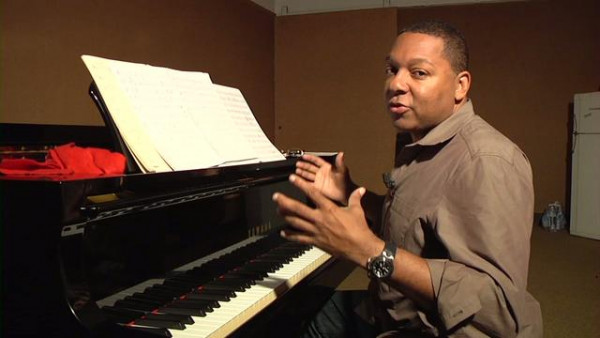Maestro Cristian Măcelaru leads the Cabrillo Festival Orchestra in two of Marsalis’ celebrated compositions
The Cabrillo Festival of Contemporary Music, America’s longest running festival of new orchestral music, celebrates its 57th season, July 28 – August 11, 2019, with a remarkable women-centric season, featuring a series of relevant and forward-looking commissioned works.
This is the Festival’s third season with Music Director and Conductor Cristian Măcelaru at the helm, and the esteemed conductor continues to push the leading edge at Cabrillo. This year the Festival presents four commissioned works—three world premieres, two US premieres, and eight West Coast premieres. The highlights are many.
Sunday, August 11, 2019 – 7pm
Santa Cruz Civic Auditorium
Closing night is dedicated to American legend Wynton Marsalis, one of the most accomplished and acclaimed artists and composers of his generation. Marsalis has helped propel jazz to the forefront of contemporary American culture through his performances, recordings, compositions, educational efforts, and his visionary artistic leadership of Jazz at Lincoln Center. Marsalis’ love of Bach, Beethoven, and Mozart has also driven him to pursue a career in classical music. He recorded the Haydn, Hummel and Leopold Mozart trumpet concertos at age 20 and won a Grammy Award for his debut recording.
Tonight his friend and frequent collaborator Maestro Măcelaru leads the Festival Orchestra in two of Marsalis’ celebrated compositions: his Violin Concerto featuring acclaimed Scottish violinist Nicola Benedetti and Blues Symphony. Marsalis will be composer in residence at Cabrillo Festival for his first time this season, and while not scheduled to pick up his horn in performance, he will participate in an afternoon talk with Măcelaru.
Marsalis’ Concerto in D for violin and orchestra was written specifically for Benedetti. The piece draws inspiration from the violin concerto’s first formation in the Baroque era through its current manifestation in the 21st Century, incorporates a slow movement inspired by an African American spiritual, and explores Benedetti and Marsalis’ own musical heritages in Scottish folk and American jazz music, respectively. It is not only a unique fusion of musical styles from around the world but a celebration and representation of collective cultures embodied in one work.
Marsalis’ Blues Symphony features a compendium of his encyclopedic knowledge of blues, jazz, and other traditional American music. One of his only pieces composed for purely orchestral forces, this celebration of the blues is heard through the prism of moments in American, and specifically African-American, history, and folklore.


